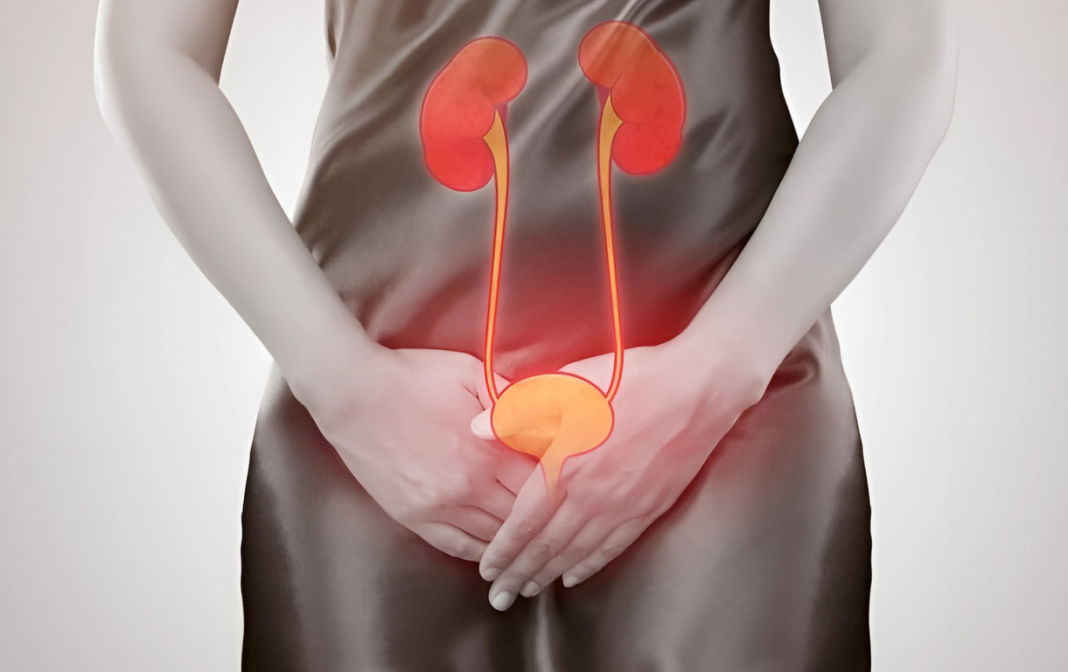Holding urine for extended periods might seem harmless, but it can lead to severe health complications. Many people delay urination due to their busy schedules or discomfort with public restrooms. However, this habit can weaken bladder muscles, increase bacterial growth, and contribute to serious urinary tract issues. In this article, we will explore the risks associated with holding urine and why it is essential to maintain healthy urination habits.
Contents
Why Holding Urine Can Be Harmful
The human bladder has a limited capacity, typically holding between 400 to 600 millilitres of urine. When you ignore the urge to urinate, your bladder stretches beyond its standard capacity, putting undue pressure on the muscles. Over time, this can lead to multiple health concerns, including infections, kidney problems, and weakened bladder function.
1. Increased Risk of Urinary Tract Infections (UTIs)
One of the most significant risks of holding urine for too long is the development of urinary tract infections (UTIs). Bacteria naturally exist in the urethra, but when urine is retained for extended periods, these bacteria multiply, leading to infections.
Women, in particular, are more prone to UTIs as they often avoid using public restrooms. This reluctance allows bacteria to thrive, increasing the likelihood of infections spreading from the bladder to the kidneys, causing severe discomfort, burning sensations, and even fever.
2. Weakening of Bladder Muscles
The bladder functions like a balloon, expanding when filled with urine and contracting when emptied. However, consistently holding urine weakens the bladder muscles, reducing their ability to contract effectively. This condition, known as urinary retention, can make it difficult to empty the bladder, leading to incontinence or accidental leakage, especially when sneezing, coughing, or laughing.
As the bladder loses its elasticity, individuals may also experience difficulty controlling their urination, leading to frequent and urgent trips to the restroom.
3. Formation of Kidney Stones
Another serious consequence of holding in urine is the increased risk of kidney stone formation. Urine contains various minerals and waste products that must be expelled from the body. When urine remains in the bladder for too long, these minerals can crystallize and form stones, which can lead to blockages, severe pain, and even bleeding during urination.
Kidney stones can range from small, passable fragments to larger stones that may require medical intervention, including surgery. Symptoms of kidney stones include intense lower back pain, nausea, vomiting, and difficulty urinating.
4. Higher Risk of Bladder Infections and Damage
Holding urine frequently can lead to bladder infections, which may cause pain, pressure, and a frequent urge to urinate. Over time, chronic urine retention can lead to bladder distension, making it difficult for the organ to return to its standard size and function.
In extreme cases, long-term urine retention can lead to hydronephrosis, a condition where urine backs up into the kidneys, causing swelling and potential kidney damage. This can result in long-term kidney dysfunction and may require extensive medical treatment.
Healthy Urination Habits to Follow
To avoid the risks associated with prolonged urine retention, it is essential to adopt healthy urination habits:
- Listen to your body: Urinate as soon as you feel the need rather than delaying it.
- Stay hydrated: Drinking enough water helps flush out bacteria and toxins from the urinary system.
- Reduce or eliminate caffeine and alcohol, as these drinks may irritate the bladder and lead to more frequent urination.
- Practice good hygiene: Proper cleaning habits can prevent bacterial infections in the urinary tract.
- Use the restroom before long trips: Prevent unnecessary retention by emptying your bladder before extended periods of travel or meetings.
Final Thoughts
Holding urine for too long may seem like a minor inconvenience, but it can lead to serious health issues, including urinary tract infections, bladder dysfunction, and kidney stones. Prioritizing bladder health and responding to the body’s natural signals can prevent these complications. Adopting healthy urination habits and staying hydrated can also help maintain optimal urinary health and avoid long-term damage.



